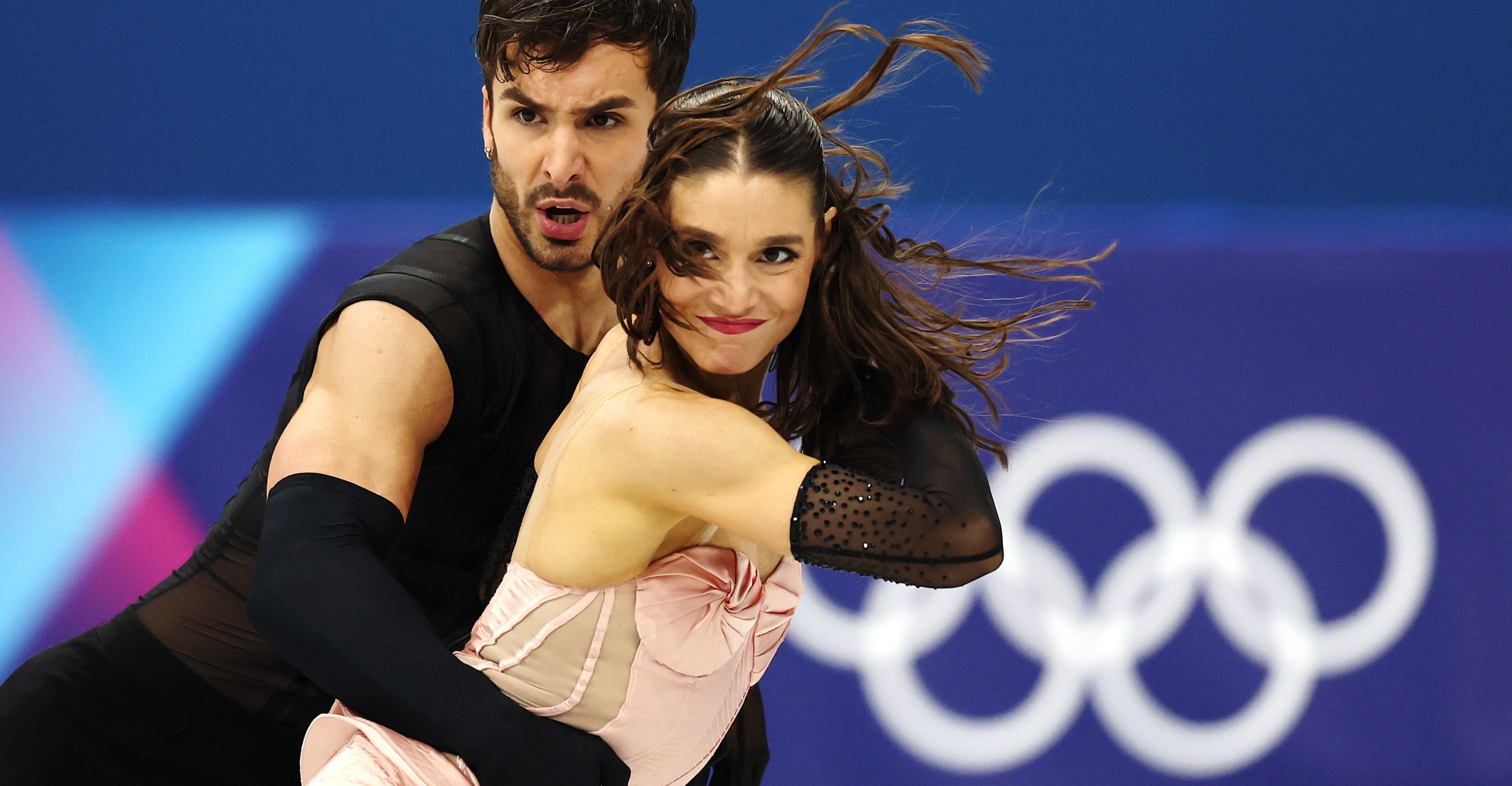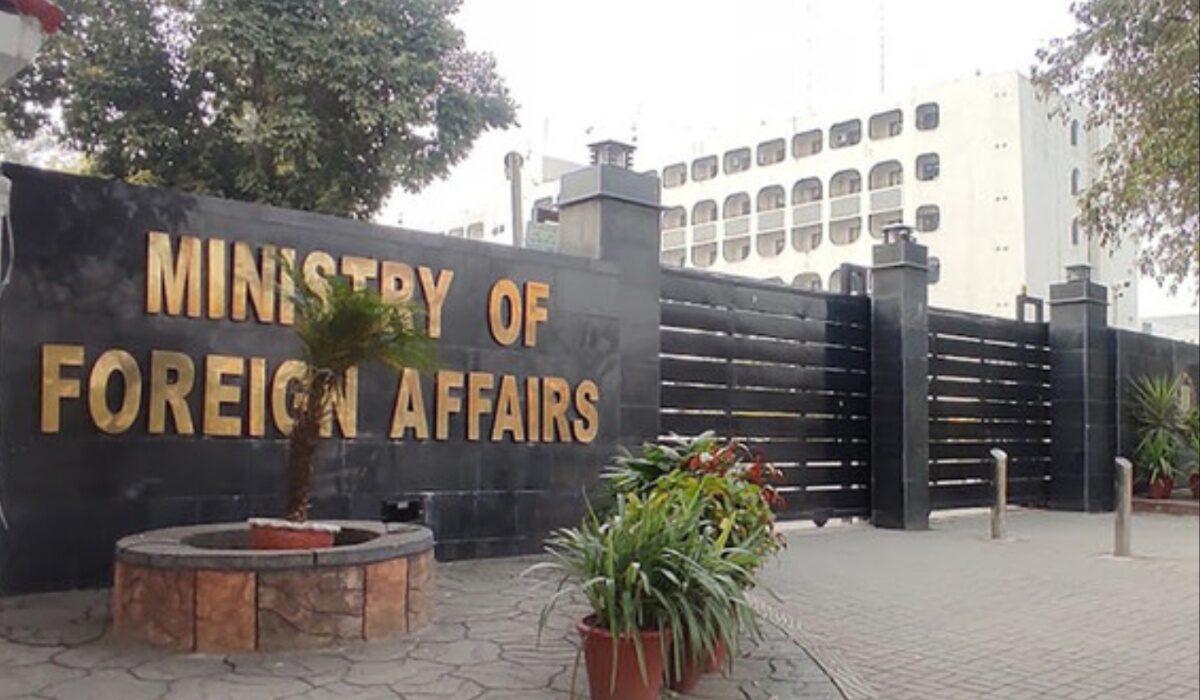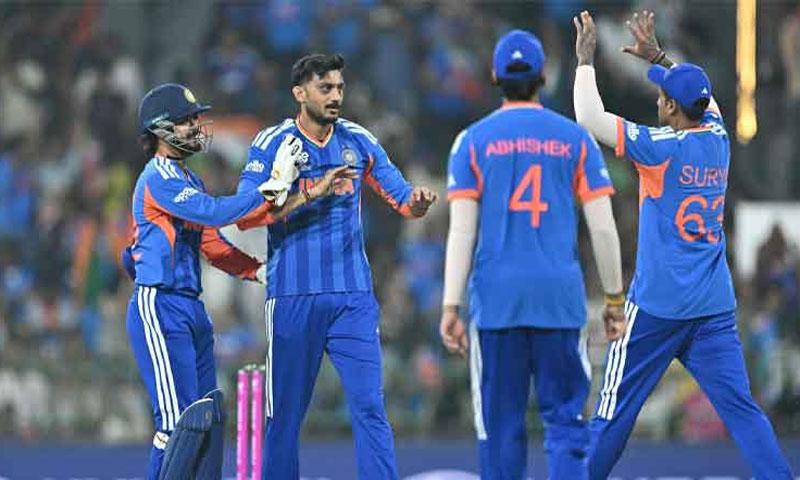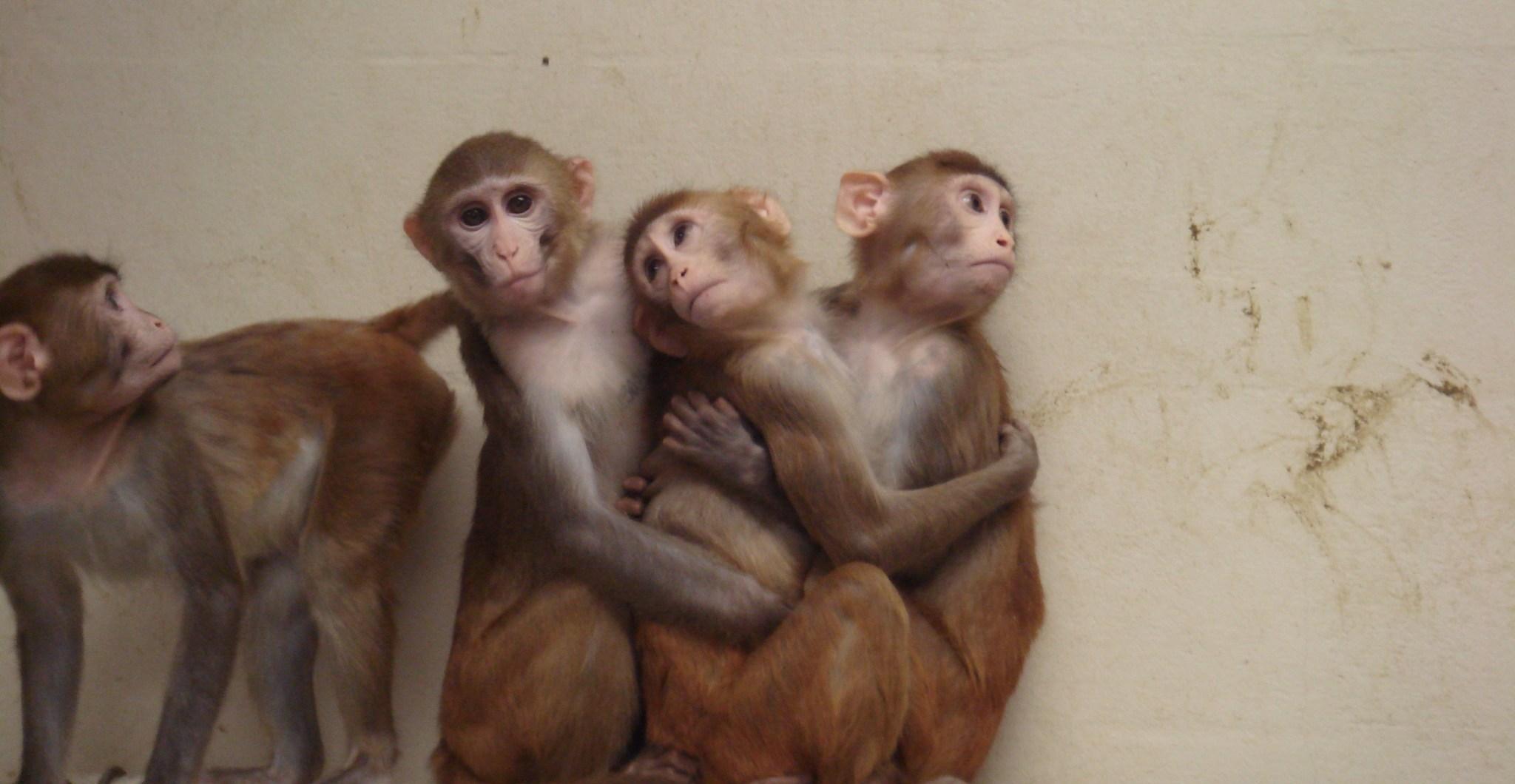Russian polling agencies have found that Putin’s approval rating remains high.


Russian President Vladimir Putin has approved changes to a law that will curtail media coverage of next year’s presidential election, according to local news agencies.
The elections are due to be held in March. The 71-year-old president, who has led the country for 24 years, is expected to stand for another six-year term. Putin has not officially declared he will run, saying he will announce that only after parliament formally sets the election date.
The changes Putin greenlighted limit coverage of Central Election Commission sessions to registered media outlets, which could exclude freelancers or independent journalists, according to the reports on Tuesday.
The amendments prohibit media from reporting on the commission’s actions at military bases or in areas under martial law without advance clearance from regional and military authorities.
They also bar the publication of any campaign content on “blocked sources”, referring to restricted websites and social media services.
Under an intensifying crackdown on the opposition and the flow of information, Russia has banned an array of websites and services, including Facebook and Instagram.
To enforce this ban, the Ministry of Digital Development, Communications and Mass Media also reportedly plans to block certain virtual private networks (VPNs) that Russians widely use to bypass internet restrictions.
The state-owned news agency RIA quoted the ministry on Sunday as saying that it could block certain “VPN services and VPN protocols” that an expert commission identifies as a “threat.”
Since Russia invaded Ukraine in February 2022, it has clamped down on independent and dissenting media voices, watchdogs have said.
Hundreds of journalists have gone into exile as state censors have closed many respected independent media outlets and launched criminal cases against prominent journalists and regional bloggers.
“After Russian tanks entered Ukraine, the authorities switched to a scorched-earth strategy that has turned Russia’s media landscape into a wasteland,” Amnesty International’s director for Eastern Europe and Central Asia, Marie Struthers, said in March 2022.
Russian polling agencies have found that Putin’s approval rating remains high – even as much as 82 percent in October. He appears easily poised to win if he runs for re-election.
Last week, Kremlin spokesman Dmitry Peskov said: “I have no doubt that if he puts forward his candidacy, he will win confidently.”
Australia, Ireland out of T20 World Cup as Zimbabwe qualify after washout
- 9 hours ago

Pakistan, Bangladesh vow to work for regional peace, stability
- 6 hours ago
Karachi AC survives petrol bomb assault in Lea Market
- 6 hours ago

US and Iran begin nuclear talks in Geneva as threat of war looms, Khamenei warns Trump
- 10 hours ago

France’s extremely talented and extremely controversial ice dancers, explained
- 20 hours ago

UNESCO awards Pakistan’s first ever peace education chair to Prof. Dr. Hussain Mohi-ud-Din Qadri
- 10 hours ago

Gold prices decline in Pakistan, global markets
- 13 hours ago
Tarique Rahman sworn in as Bangladesh’s PM after landslide election victory
- 10 hours ago

FMs condemn Israeli decision to designate lands in Occupied West Bank as so-called ‘state land’
- 12 hours ago
11 security officials martyred, 12 terrorists neutralised in Bajaur assault: ISPR
- 12 hours ago
Ramazan moon sighted in Saudi Arabia, UAE; first fast tomorrow
- 6 hours ago
Usman Tariq confident Pakistan can bounce back after India drubbing in T20 World Cup
- 11 hours ago








